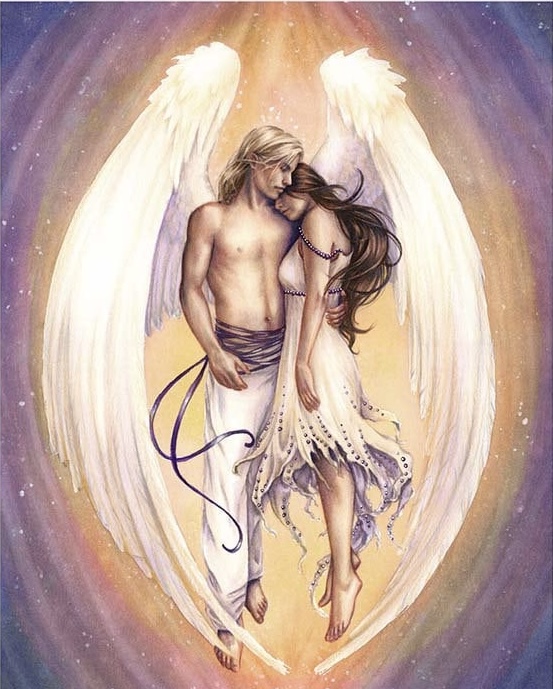
Being a protector means balancing the trifecta of safeguarding my partner, shielding myself from her, and protecting my own well-being. It’s a journey of strength and vulnerability, where the greatest challenge is learning when to protect and when to trust that we can protect each other.
~ Adam
As a man, I’ve always seen myself as a guardian, protector, and provider. These roles are deeply ingrained in my identity, and they give me a sense of purpose. Protecting those I love, especially my partner, makes me feel strong and fulfilled. But this role is not without its challenges. There are moments when the lines blur, and I find myself struggling with the delicate balance between protecting my partner, protecting myself from her, and simply protecting myself.
When I protect my partner, I feel empowered. There’s a primal satisfaction in knowing that I am keeping her safe, that I am standing between her and any harm that might come her way. This feeling of purpose is incredibly grounding. It reinforces my commitment to our relationship and strengthens the bond between us. In those moments, I am not just a man—I am her protector, her shield, and it feels right.
However, the reality of relationships is that they aren’t always so straightforward. There are times when I find myself needing to protect myself from her. This could be from harsh words, actions that cut deep, or moments when our differences create a chasm between us. In these situations, the role of protector becomes complicated. Protecting myself from her brings a sense of discomfort and pain. It feels unnatural, like I’m betraying the very essence of what it means to be a guardian. Instead of feeling empowered, I feel conflicted, as if I’m caught between two opposing forces within myself.
When I choose to protect myself, I feel an immediate sense of distance between us. There’s a longing that takes hold—a yearning to return to that place where I am protecting her, where I feel close to her. But in protecting myself, I also recognize a necessary boundary. It’s a survival instinct, a way to preserve my own well-being. Yet, this act of self-protection often leaves me feeling isolated. I miss the connection, the trust, and the closeness that comes with being in sync with my partner.
The most painful part, however, is when my partner resists being protected by me. When she pushes away my attempts to care for her, I feel a profound sense of rejection. It’s as if my purpose, my very role in the relationship, is being questioned. Without that mutual trust and respect, I feel adrift. It’s in these moments that I start to withdraw, not because I want to, but because the pain of rejection and the ensuing depression make it difficult to stay engaged. The distance grows, and with it, the loneliness.
Navigating these roles—protector of my partner, protector of myself from her, and protector of just myself—is an ongoing challenge. Each path comes with its own set of emotions, and none of them are easy. But they are all part of the journey of being a man in a relationship, of being a guardian, protector, and provider. It’s a role that requires strength, but also vulnerability. And it’s in that vulnerability that I find the greatest challenges, but also the potential for growth and deeper connection.
In the end, it’s about finding balance—learning when to step forward and when to step back, when to protect and when to trust that we can protect each other. It’s a dance, sometimes graceful, sometimes clumsy, but always meaningful. And as I continue to navigate this path, I hold onto the hope that with each step, we grow closer to understanding and supporting each other in the ways we both need.
0 Comments